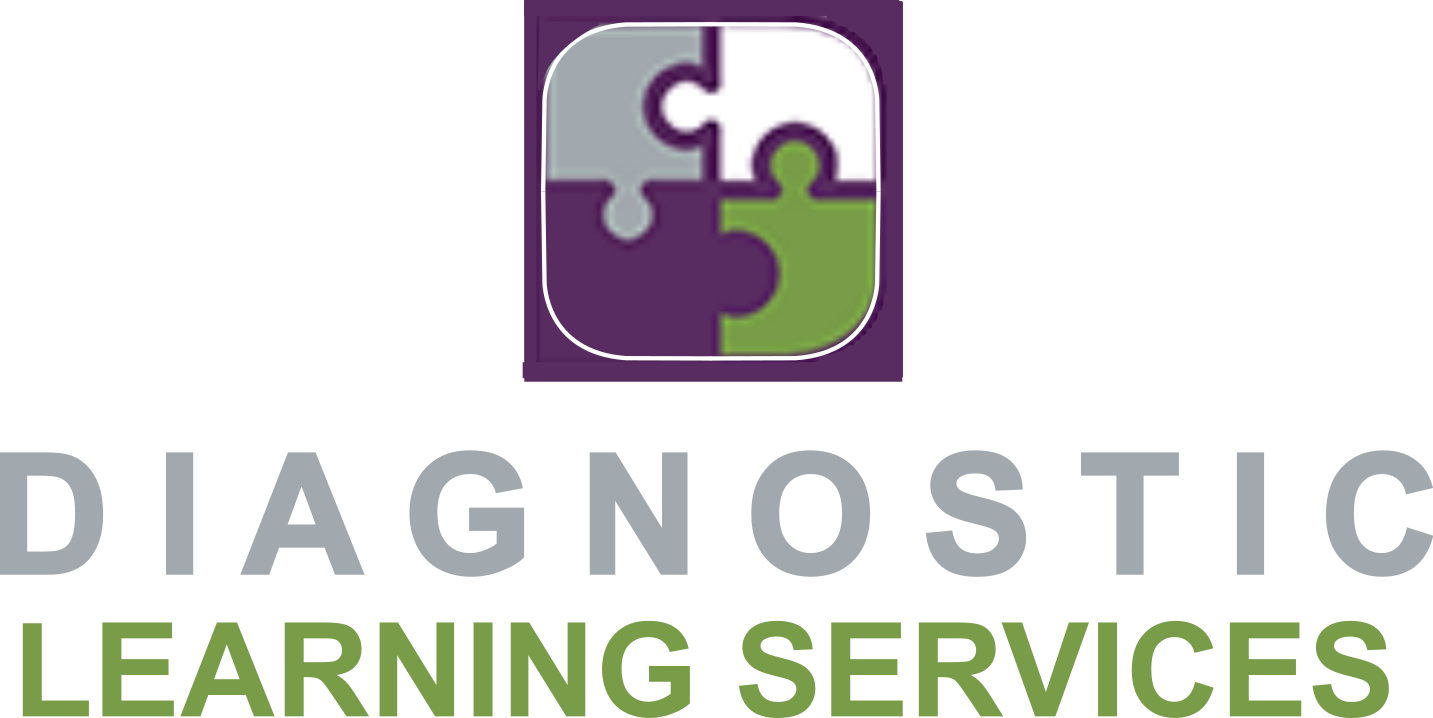Unlocking Potential: Summer Testing for Struggling Learners
Summer is a time for relaxation and fun, but it can also be an ideal opportunity to support children who face challenges in school. Specialized testing during this period can be a game-changer for struggling learners, providing insights that lead to tailored strategies for success.
Why Summer Testing?
Uninterrupted Focus:
With school out of session, children can approach testing without the stress of homework or extracurricular activities. This allows them to be more relaxed and focused, leading to more accurate assessments.
Early Intervention:
Identifying learning challenges before the next school year gives parents and educators a head start in implementing support strategies. Early intervention can prevent students from falling further behind.
Customized Learning Plans:
The results from specialized testing help create individualized education plans (IEPs) or 504 plans. These plans are tailored to address specific areas of need, making learning more accessible and effective.
Boosting Confidence:
Understanding a child’s unique learning style and needs can significantly boost their confidence. When they return to school with a personalized strategy, they feel more equipped to tackle challenges.
Types of Testing
Cognitive Assessments:
These tests evaluate a child’s thinking and problem-solving abilities, providing a deeper understanding of their intellectual strengths and weaknesses.
Academic Achievement Tests:
These assessments measure specific academic skills, such as reading, writing, and math, helping to pinpoint areas where support is needed.
Behavioral Evaluations:
Understanding a child’s behavior in different settings can reveal attention issues or anxiety that may impact learning.
Speech and Language Assessments:
These tests assess communication skills, which are crucial for academic success and social interactions.
How to Get Started
Consult with Educators:
Talk to your child’s teachers about any concerns. They can provide valuable insights into your child’s learning patterns and behaviors.
Find a Qualified Professional:
Look for psychologists or educational specialists who conduct these assessments. Ensure they have experience working with children and understand the school system.
Prepare Your Child:
Explain the purpose of the testing in a positive way, emphasizing that it’s about understanding how they learn best.
